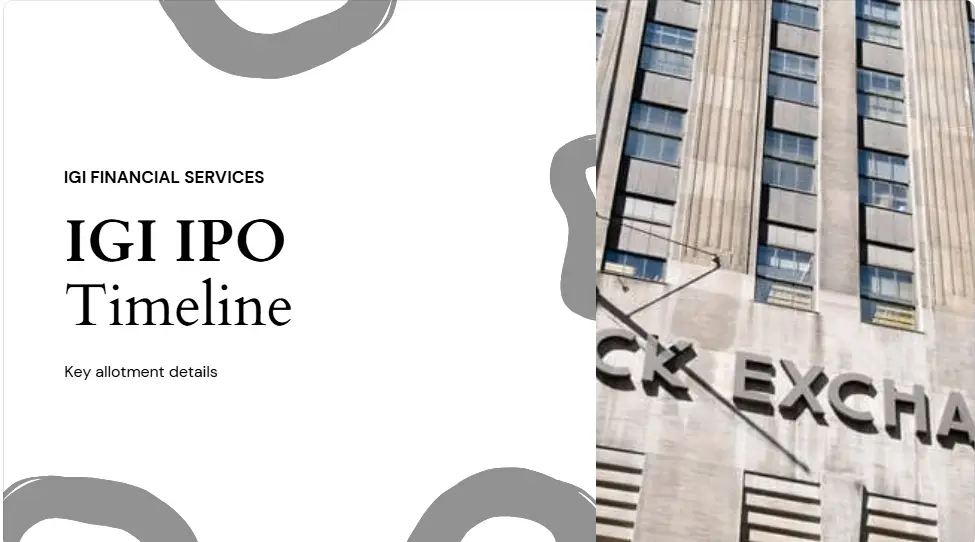
By opting for an MBA Finance and Marketing, basically a typical decision will lead you to define your career trajectory. The two specializations provide a wide scope of opportunity, high demand for skilled professionals and lucrative salary. Understanding what each field entails, evaluating your strengths, appreciating your career aspirations will mean you make an informed decision. In this article, we will help you understand the key things about both MBA specializations and guide you to choose the right one for yourself.
MBA Finance and Marketing
Marketing is a field of business to help a company to sell their product/consumer to earn gains and profit. It provides successful students with the knowledge necessary to excel in careers in marketing management, including consumer behavior, branding, advertising and sales management.
MBA Finance, in contrast, is a program designed for those interested in financial management, investment banking, corporate finance and financial planning. The purpose of this program is to educate the learner on financial analysis, risk management and strategy decision making to enable him to fill up various finance related roles.
Both fields are lucrative job opportunities, which makes them attractive career options lure for MBA candidates.
Admission needs and eligibility criteria
The eligibility criteria for MBA Finance and Marketing are largely similar:
- Bachelor’s Degree: Undergraduate degree from a recognized university, and a valid school leave or certificate of absence.
- Entrance Exam Scores: Scores in GMAT, GRE, CAT, or even equivalent exams.
- Work Experience: But it is not mandatory for all programs and generally preferred to have 2-3 yrs of work experience.
- Additional Requirements: Accordingly, institutions may require personal interviews, essays and recommendation letters.
Make sure you review what the specific entrance requirements are for your preferred program and, naturally, prepare for it.
Course Structure and Subjects
Full-time, part-time and executive MBA Finance and Marketing programs take anywhere from 1 to 2 years.
MBA Marketing
- Key subjects include:
- Consumer Behavior
- Digital Marketing
- Marketing Strategies
- Brand Management
- Advertising and Media Platforms included in the brief.
MBA Finance
- Key subjects include:
- Financial Management
- Investment Banking
- Risk Analysis
- Financial Markets
- Corporate Finance
Furthermore, the curriculum emphasizes analytical and quantitative skills that prepare the students to manage the financial health of an organization safely.
Career Choice and Salary Package
For an MBA graduate who specialises in Marketing or Finance there are many options out there to choose from. We’ll look at what possible roles are and their expected salaries in each field.
Career Paths in Finance
- Financial Analyst: Investment assessing and financial modeling.
- Investment Banker: Help facilitate mergers, acquisitions and, of course, capital raising.
- Corporate Treasurer: Liquidity management and financial risks concerns, manage.
- Portfolio Manager: Investment portfolios are overseen to reach desired returns.
- Risk Manager: Look at and handle financial risks.
Average Salaries:
- Entry-level: ₹4–10 LPA
- Senior-level: ₹15–40 LPA
Career Paths in Marketing
- Marketing Manager: Creating and running marketing campaigns.
- Brand Manager: Readies you to build and sustain the brand identity.
- Market Research Analyst: Process data to make marketing decisions.
- Sales Manager: Sell leads and grow revenue leads.
- Digital Marketing Specialist: Use online platforms to target your market.
Average Salaries:
- Entry-level: ₹4–8 LPA
- Senior-level: ₹12–30 LPA
MBA Finance vs. MBA Marketing: Key Differences
| Aspect | MBA Finance | MBA Marketing |
|---|---|---|
| Focus | Investment banking, Financial management | Brand Management and Consumer behavior |
| Skills Required | Quantitative Analysis, Analytical thinking | Creativity, Thoughtful Thinking, Communication |
| Career Roles | Corporate treasurer, financial analyst | Brands and brand manager, marketing manager |
| Industries | Firms in the investment, corporate finance, and banking sectors | Advertising and Consumer products and Media |
| Starting Salaries | Higher starting salaries | Starting salaries that are not extreme and a multitude of opportunities |
Insights from the Bhagavad Gita: Selecting the Right Career Path
The Bhagavad Gita offers timeless wisdom that can guide students in making the right career choice: 1.Dharma (Duty and Purpose): Get to know your inherent qualities and strengths (Swabhava). Pick a road that matches your natural inclinations and makes a good serve on the world. Are you a problem solving analytical thinker, then possibly Finance could be your dharma. If you are strong in creativity and communication, Marketing might be your call. 2.Self-Reflection (Atma-Vichara): Reflect a little, to know what your true interests and future ambitions are. Aim of Gita is to have self awareness before taking any decision. 3.Detachment (Nishkama Karma): Thinking through a decision from an effort and learning perspective, rather than getting hung up on outcomes such as salary or job titles. 4.Balanced Approach (Samatva): The evaluation is without bias. Rather do that, factor equally your passion, skills and general market opportunities. 5.Guidance from Mentors (Shiksha and Anushasan): As such, you’re advised to seek the advice of experienced professionals and mentors. Just as Arjuna looked up to Krishna for direction so too students must look up to experts for clarity.
From Bhagavad Gita Tweet
Choosing Factors
To decide between MBA Finance and Marketing, reflect on the following:
1. Interest and Strengths
- Do you prefer to operate with numbers and financial information? Choose Finance.
- Are you a creative problem solver and someone who digs consumer behavior? You could be marketing.
2. Career Goals
- Positions in investment banking, asset management and financial consulting are often the result of finance roles.
- Traditionally more towards advertising, sales, and digital marketing, marketing careers are more inclined at these industries instead of starting a business that would require them to take on business plan heavy development efforts.
3. Job Market and Salary
Starting salaries in finance tend to be higher, but there are fewer career options in terms of marketing and it can be a little more creatively.
4. Education and Work Experience Previous
- If you have a background in commerce or economics, you have some edge in Finance.
- Aspirants in marketing might get a hand if they have experience in sales or if they can necessarily tell a story.
Conclusion
Between an MBA in Finance or an MBA in Marketing… is a big decision that should match your interests, strengths and career aspirations. Both fields provide a lot of opportunities for growth and success, but it’s a matter of how you get excited and where you would like to be successful.
An MBA in Finance focuses on the numbers, the data, and the financial strategies if you enjoy the work. If you like fine, elegant food and are creative, strategic, and passionate about understanding consumer behavior then MBA Marketing could be the one for you, conversely.
Before doing anything, take some time to research, reflect and plan your MBA journey so your MBA will take you where you want to go: a fulfilling, rewarding career. Remember the wisdom of the Bhagavad Gita: To succeed, you must align your career with your purpose, be self aware, and be one who continues being hungry for continuous learning.






